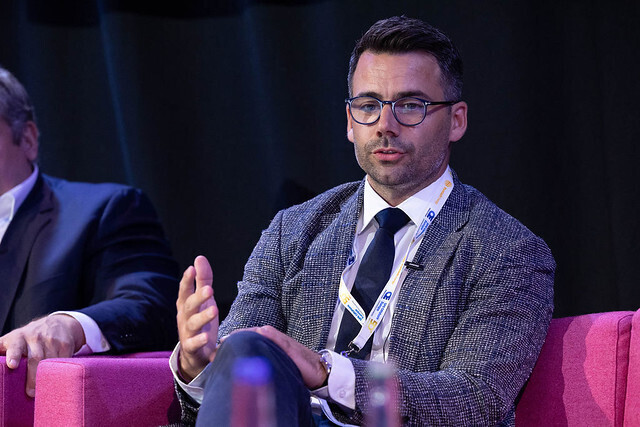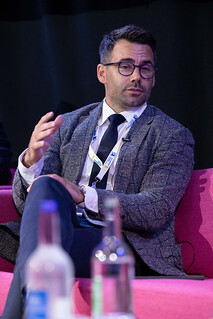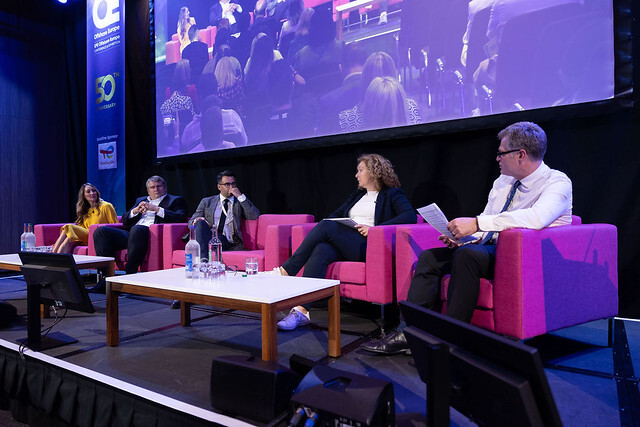Terry Allan Joins Offshore Europe Panel Session
Engage, Empower, Excel: Strategies for talent attraction and retention
We wanted to share with you the valuable insights our CEO, Terry Allan, recently discussed during the biennial Offshore Europe conference panel session on talent attraction and retention. The session, titled 'Engage, Empower, Excel: Strategies for talent attraction and retention,' featured Terry alongside industry experts Sarah Cridland of Technip and OEUK CEO, Dave Whitehouse.
The Abstract for this event stated that, according to the Climate Change Committee, to deliver on our energy needs, not only will require oil and gas will be needed and used in the UK for decades to come, albeit in smaller quantities than it is today. To provide energy security to the country, while at the same time taking accountability for our own emissions footprint, it will be vital that as much of that oil and gas as possible is produced from our own home-grown resources and we develop capability in wider offshore energy. To do this safely and sustainably, the offshore energy sector must continue to attract and retain high-value talent over the coming decades. This poses a challenge for the industry for several reasons: the marketplace is increasingly competitive; different generations within the workplace have increasingly different needs and expectations; and, unfortunately, some view the oil and gas sector as an undesirable career choice.
So, how can oil and gas firms continue to attract talent, and then successfully retain it? How can we create workplaces that appeal to multiple generations with differing needs?
How can we stay ahead of the game and ensure our sector has the right people and skills to continue providing energy security long-term while driving the energy transition forward?
As the session explored all of these questions and more, we'd like to share just some of the perspectives Terry shared on these critical topics:
1. Skills Retention Challenges: Terry emphasised the urgent need to retain the skills and expertise we already possess within our industry. This involves not only meeting current baseload demands but also guiding and mentoring the next generation of talent. However, this task is becoming increasingly complex due to international labour markets and competing sectors targeting the technical and managerial skills that have fueled our industry's growth over the past decades.
2. Attracting Diverse Talent: Terry stressed the importance of adapting our resourcing strategies to attract a more diverse workforce with evolving expectations. The workforce of the future will consist of millennials who seek a work environment characterized by creativity, collaboration, and a strong connection to the company's purpose. These digital-native individuals also expect the seamless integration of technology into their roles, an area where our industry has room to grow, though progress is being made.
3. Commitment to Decarbonisation: Terry highlighted the growing awareness among the future workforce about the urgent need to address climate change. The younger generation has been exposed to a wealth of information on this issue, thanks to documentaries like 'Our Planet' and 'Before the Flood.' Their concern for the environment is driving changes in lifestyle choices, including vegan diets and sustainable consumer habits. This heightened awareness presents an opportunity for our industry to attract talent by taking meaningful steps toward decarbonising and contributing to the health of our planet.
In summary, Terry Allan's insights underscore the challenges and opportunities we face in talent attraction and retention. To thrive in the evolving landscape, we must prioritise skills retention, adapt to the expectations of a diverse and digitally-savvy workforce, and align with the commitment to decarbonisation.
If you missed the event but would like to see how the conversation went, you can view the recorded version here:










